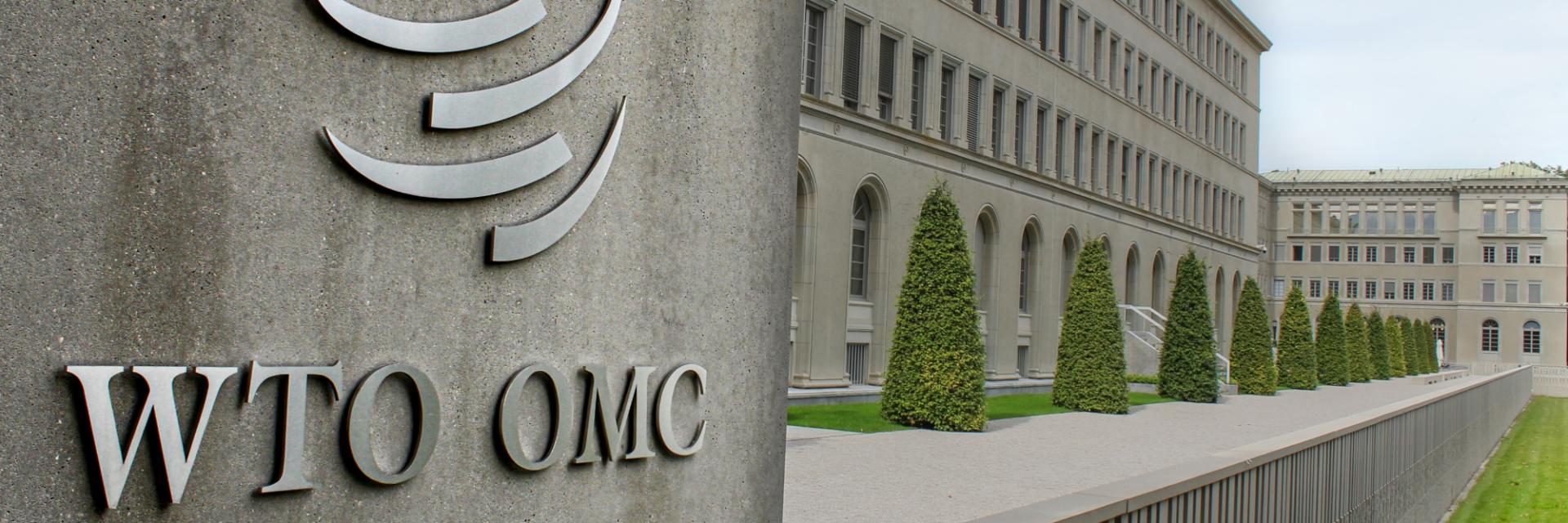Geneva, 27 September (ECA) – At a session organized by the Economic Commission for Africa (ECA) and the International Trade Centre (ITC) as part of the 2022 World Trade Organization (WTO) Public Forum, experts urged the private sector to seize opportunities brought about by the green transition in Africa.
The panel discussion entitled “MSMEs: The Key to Realising Sustainable Gains Under the AfCFTA”, moderated by Mr. Melaku Desta, Coordinator of ECA’s African Trade Policy Centre (ATPC), explored sustainable initiatives to integrate green solutions in Africa’s small businesses.
Panelists also underscored the sustainable gains to be harnessed from green trade alongside the African Continental Free Trade Area (AfCFTA) and called on Micro, Small & Medium Enterprises (MSMEs) to anticipate challenges as businesses seek to integrate green solutions.
In her keynote address, Ms. Dorothy Tembo, ITC Deputy Executive Director highlighted ITC's Green2Compete initiative a new and ambitious strategy, which supports small businesses to enhance their competitiveness by integrating green production techniques for sustainable trade.
“Our interventions promote resource efficiency and circularity in production and support increased MSME access to markets for green and biodiversity-based products. We have created a host of dedicated hubs to support small businesses, through providing knowledge on green opportunities and innovations, expertise on how to put these into practice and an extensive network to support “going green”, Tembo underlined.
ITC is also working closely with the African Organisation for Standardisation (ARSO) to increase transparency on private sustainability standards and plans to scale its work with market partners to achieve harmonization of these environmental standards, making them more attainable for small businesses.
In his remarks, Mr. Hermogène Nsengimana, Secretary General of ARSO, emphasized the need to prioritize harmonization of standards to achieve sustainability.
“Sustainability is a core area for businesses as it includes, social, economic and environmental standards,” said Mr. Nsengimana.
Of late, the sustainability and resilience of value chains has assumed greater importance due to the disruptions induced by Covid19 and demand for more sustainable production and trade increased. This was pointed out by Mr. Robert Hamwey, Economic Affairs Officer at the United Nations Conference on Trade and Development (UNCTAD).
“I urge the AfCFTA to coordinate Africa and strengthen its capacity to produce its own solar and wind energy to cater to its own needs” Mr. Hamwey opined.
On the issue of strengthening MSMEs capacities’ to improve their competitiveness in domestic, regional and global markets, Ms. Annalisa Primi, Head of Economic Transformation and Development at the OECD Development Centre, underlined the need to reform the policies that divide the informal and formal sectors, so as to enable the poor to participate in markets and to engage in higher value added business activities.
“Businesses are not homogenous. A start-up is not facing the same challenge as an MSME does … each have its own challenges, opportunities and priorities,” Ms. Primi stated.
Describing the need for increased investment in Africa’s green energy transition, Mr. Maximiliano Mendez-Parra, Principal Research Fellow at ODI affirmed the important role the AfCFTA can play in securing investment for green energy and technology.
“We need to ensure investment coming into the continent considers the energy transition as this requires investment and this must be considered when promoting investment and using investment promotion agencies,” said Mr. Mendez-Parra.
The session, organized as part of the 2022 World Trade Organization (WTO) Public Forum, attracted more than 100 online and face-to-face participants.
For more information Contact
Communications Section
Economic Commission for Africa
PO Box 3001
Addis Ababa
Ethiopia
Tel: +251 11 551 5826
E-mail: eca-info@un.org or afeworks@un.org

